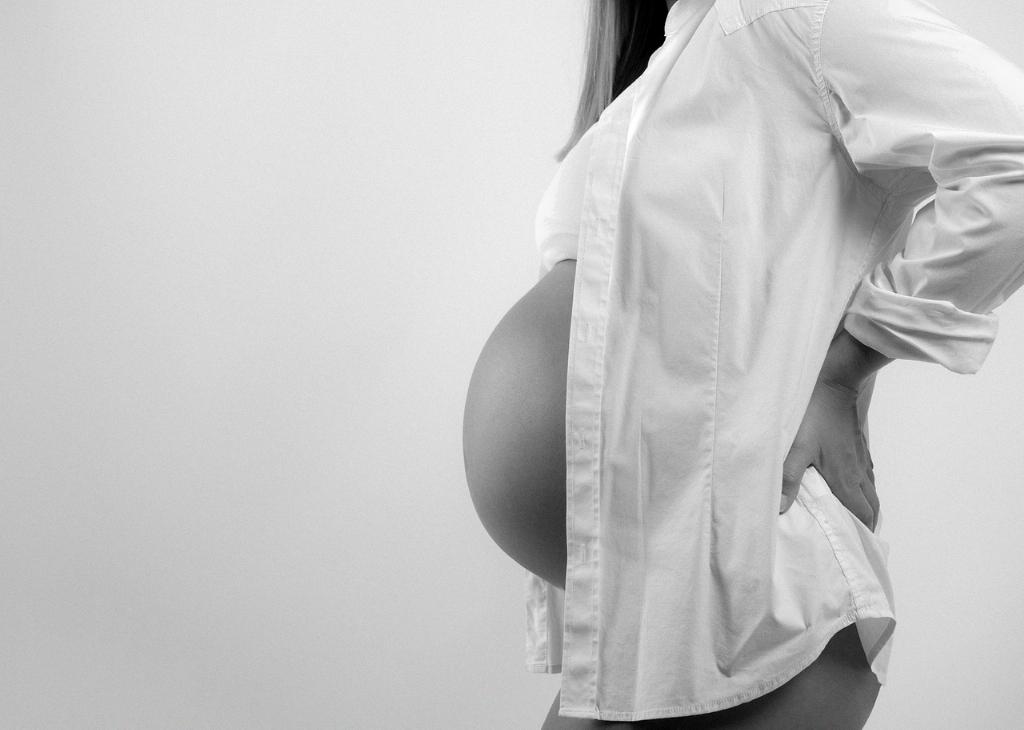During pregnancy, emotions can run high, and it’s not uncommon for expectant mothers to experience moments of overwhelming feelings that result in tears. But what exactly is the effect of crying during pregnancy on both the mother and the unborn baby?
Research suggests that occasional episodes of crying during pregnancy are generally considered harmless to the developing fetus. The act of crying itself does not directly affect the baby’s physical health or development in the womb.
However, when crying is accompanied by feelings of intense sadness, anxiety, or depression, the situation may become more complex. Severe emotional distress during pregnancy has the potential to impact the well-being of both the mother and the baby.
One key concern is the stress hormone cortisol. When a pregnant woman experiences high levels of stress or emotional turmoil, her body may release increased amounts of cortisol, which can cross the placenta and reach the developing baby. Elevated cortisol levels in the fetus have been associated with potential adverse outcomes.
Moreover, persistent negative emotions such as chronic stress or depression can have broader implications for maternal health. Women who experience prolonged emotional distress during pregnancy may be at higher risk for complications such as preterm birth, low birth weight, or even postpartum depression.
It’s essential for expectant mothers experiencing significant emotional challenges to seek support from healthcare providers, therapists, or support groups. Addressing emotional well-being during pregnancy is crucial for promoting a healthy pregnancy and positive outcomes for mother and baby.
Additionally, partners, family members, and friends play a vital role in providing emotional support to pregnant women. Creating a supportive environment and encouraging open communication can help alleviate feelings of isolation or distress that may contribute to excessive crying or emotional struggles.
Engaging in self-care practices, such as mindfulness meditation, gentle exercise, or engaging in activities that bring joy, can also be beneficial for managing emotional upheavals during pregnancy. Taking time for oneself and prioritizing mental health are valuable aspects of prenatal care.
Ultimately, the impact of crying during pregnancy goes beyond the tears themselves. It underscores the significance of mental and emotional well-being in the journey of pregnancy. Recognizing and addressing emotional challenges can lead to a more positive and healthier experience for both the expectant mother and her unborn child.

